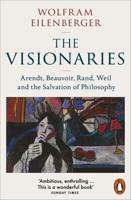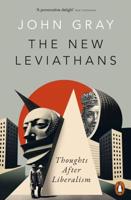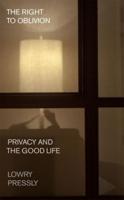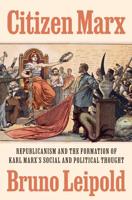Publisher's Synopsis
In recent decades, Malaysia has been profoundly changed both by forces of globalization, modernization and industrialization, and by a strong Islamization process. Some would argue that the situation of Malay women has worsened but such a conclusion is challenged by this study of the everyday religious practice of pious women within Kuala Lumpur's affluent, Malay middle class.
Here, women play an active part in the Islamization process not only by heightened personal religiosity but also by organizing and participating in public programmes of religious education. By organizing new forms of collective ritual and assuming new public roles as religious teachers, these religiously educated women are transforming the traditionally male-dominated gendered space of the mosque and breaking men's monopoly over positions of religious authority. Exploring this situation, the book challenges preconceptions of the nature of Islamization as well as current theories of female agency and power.










